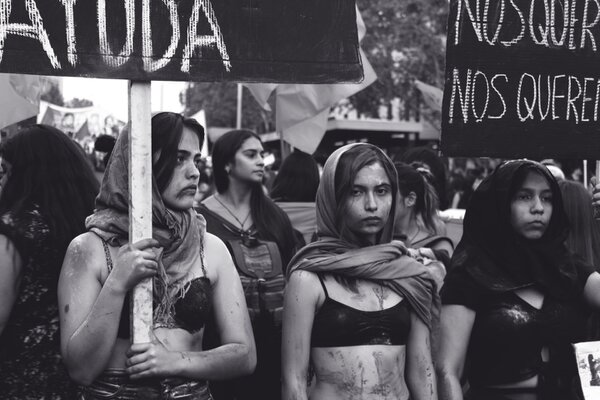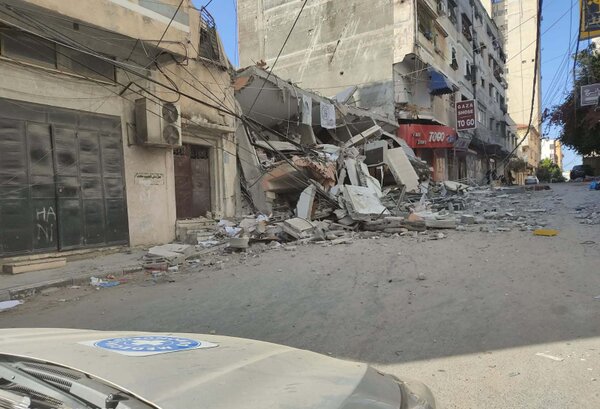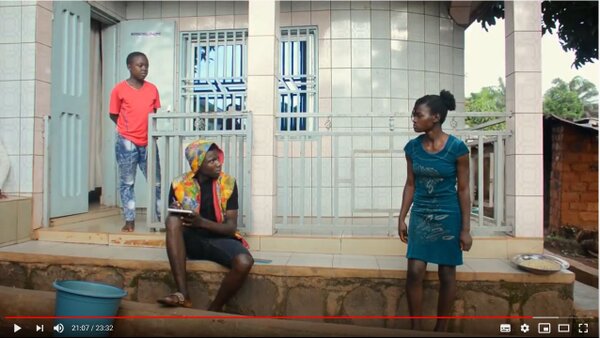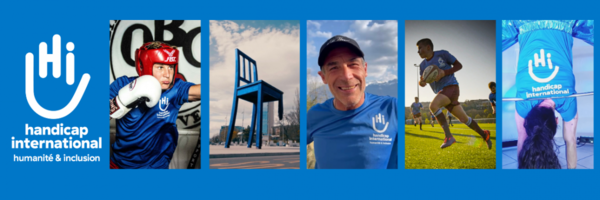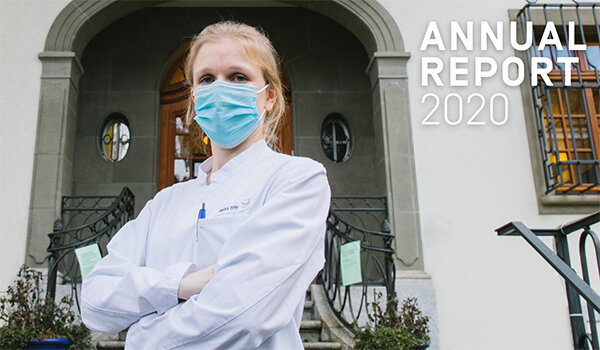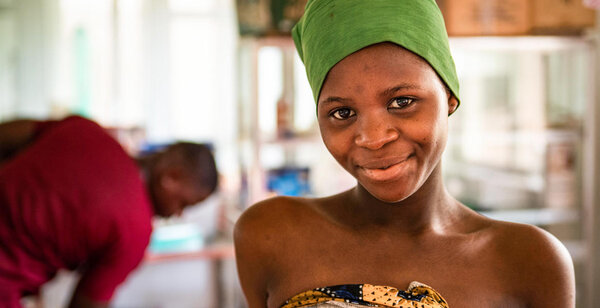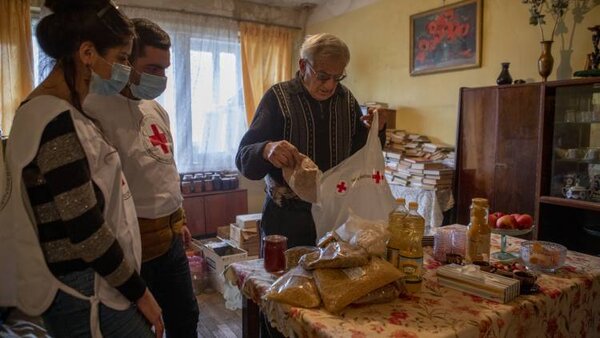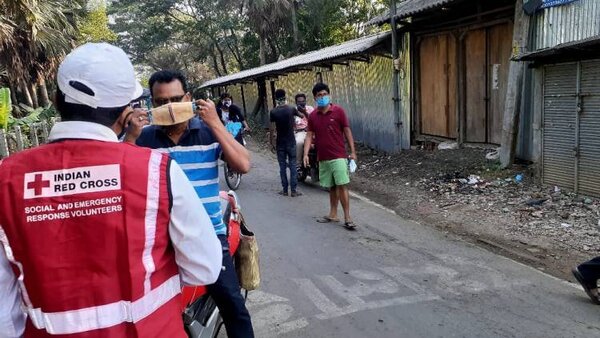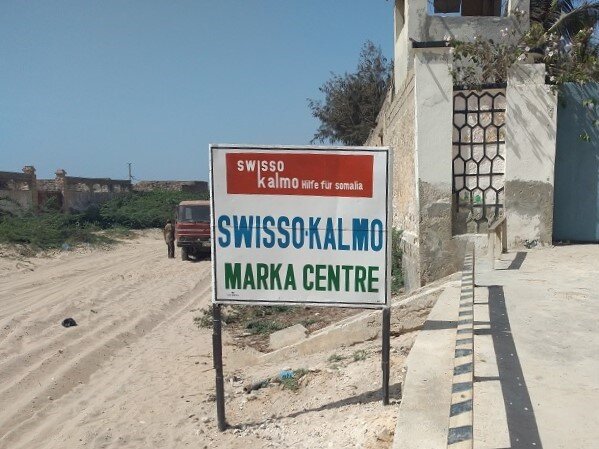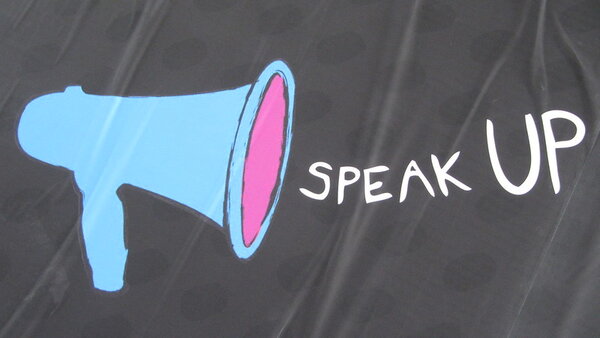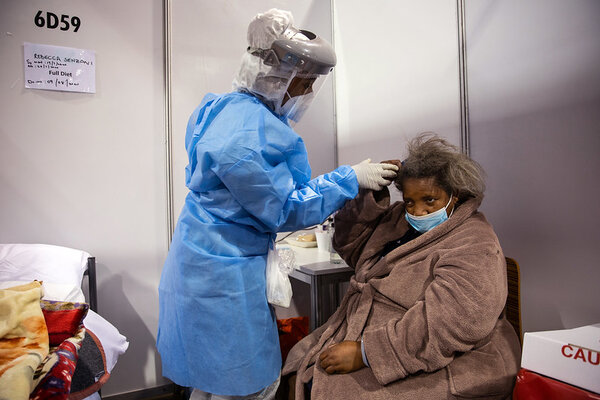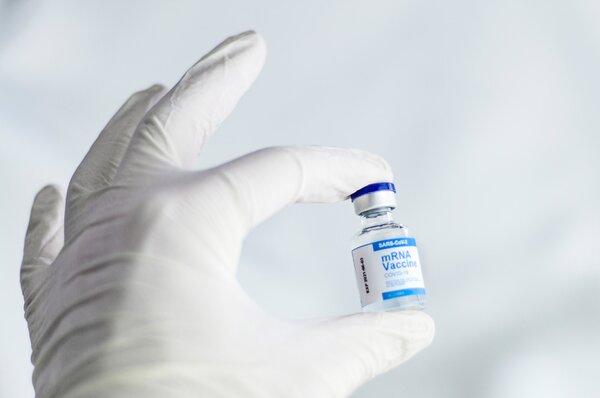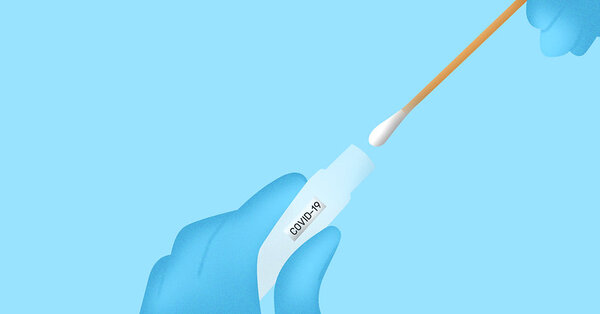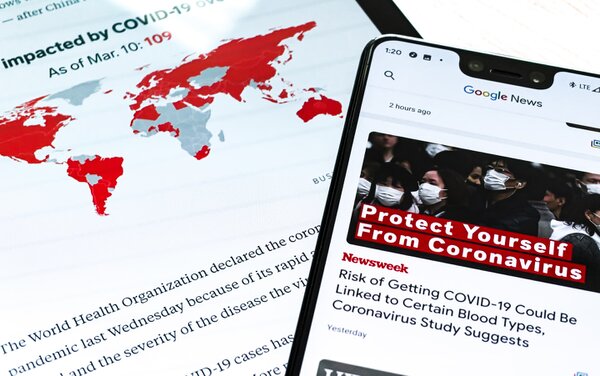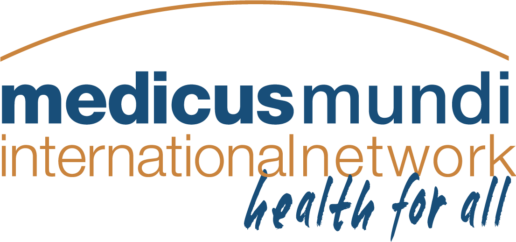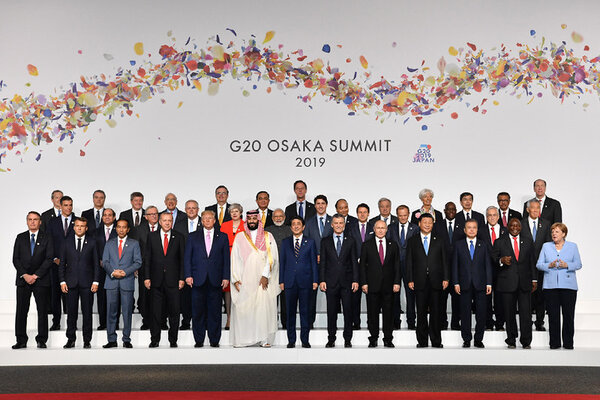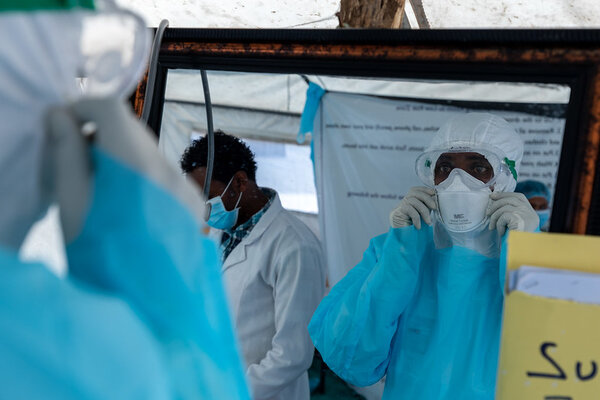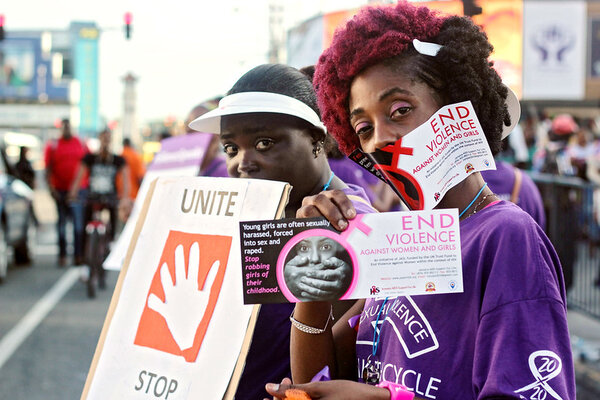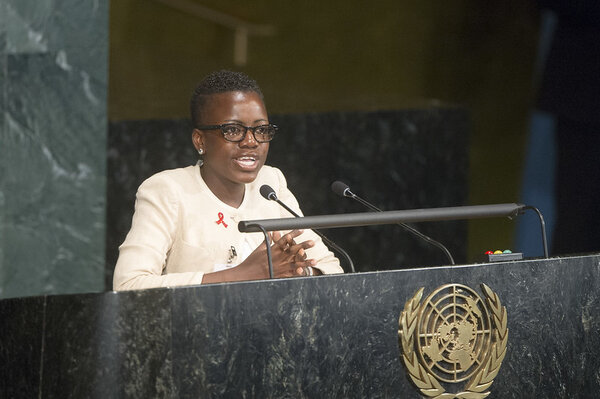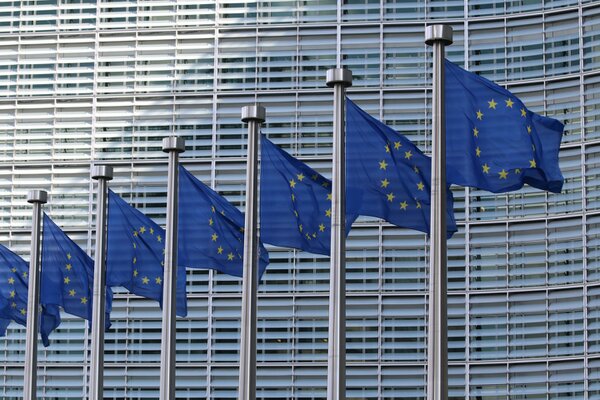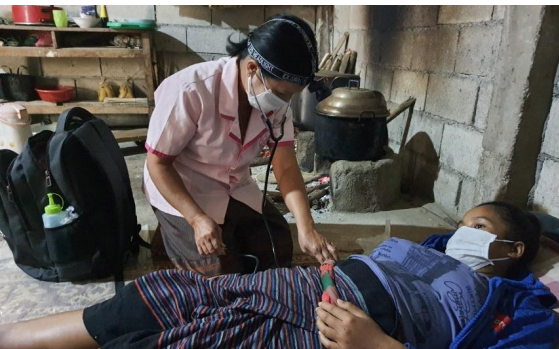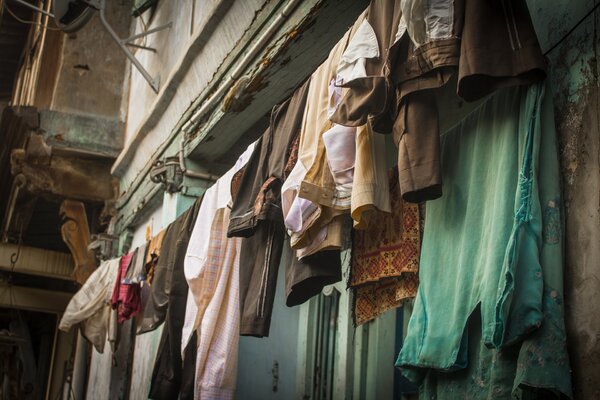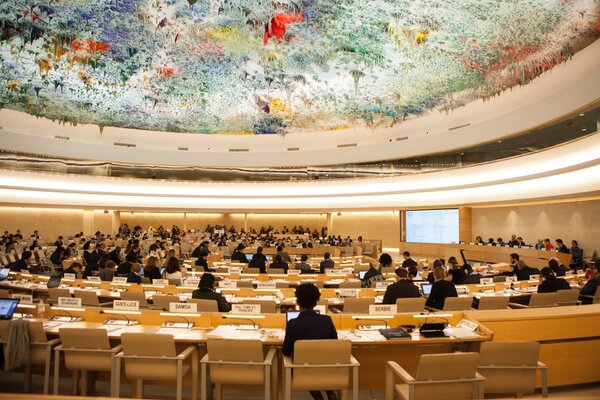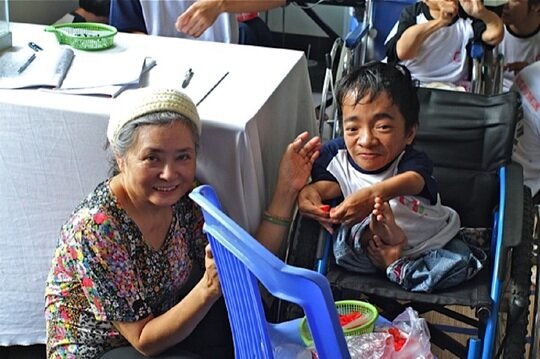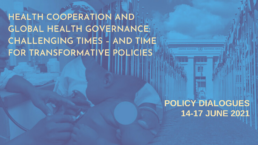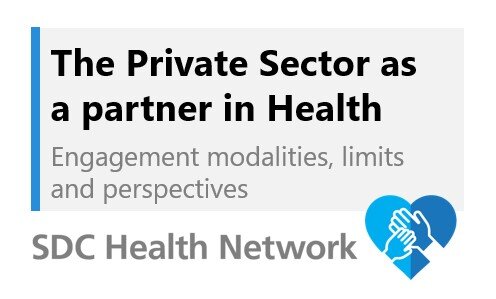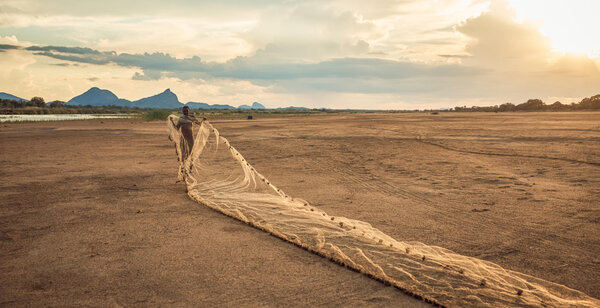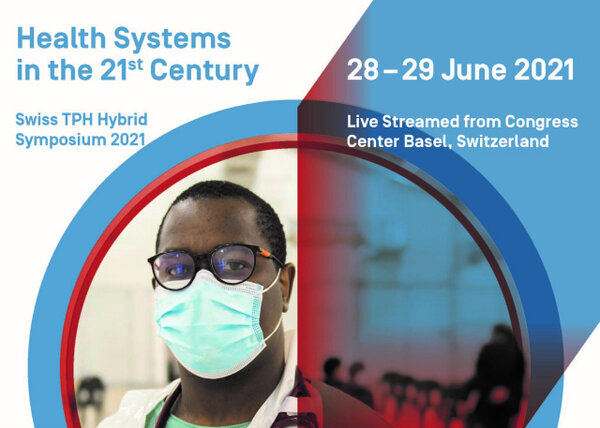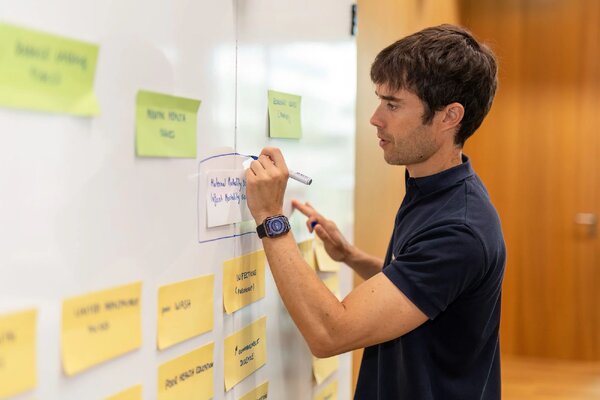Dans un premier temps, le débat semblait joué d’avance: la suspension temporaire des brevets en lien avec le Covid-19, notamment en matière d’accès aux vaccins dans le monde entier, était marqué par les clivage habituels. L’Afrique du Sud et l’Inde, soutenues par une coalition internationale d’une centaine d’États, faisaient pression auprès de l’Organisation mondiale du commerce (OMC) pour suspendre les brevets, tandis que les pays possédant une industrie pharmaceutique forte s’alliaient pour résister à cette idée. Mais à la surprise générale, les États-Unis ont rompu cette alliance et décidé d’accepter une telle suspension.
La Suisse et l’UE se retrouvent dans une situation délicate en termes d’argumentation, mais restent pour l’instant sur leur position: la suspension des brevets découragerait les innovations futures, et ne résoudrait pas le problème de l’accès.
Développer les capacités de production locales
En dehors des faux-semblants, il est vrai que certains contre-arguments demandent effectivement réflexion. En tant que réseau d’organisations suisses actives dans la coopération internationale en matière de santé, nous rappelons régulièrement que l’accès aux médicaments ne dépend pas uniquement de la question des brevets, même si leur suspension est un élément important de la lutte contre le Covid.
Comme le montre la situation dramatique en Inde, il est dangereux de ne pas administrer les vaccins rapidement dans le monde entier. Mais il est tout aussi problématique de se reposer sur l’Inde comme la «pharmacie du tiers monde». Les vaccins produits en Inde pour le monde sont actuellement utilisés à l’intérieur du pays. Pour atteindre l’équité vaccinale, il est essentiel d’investir partout dans les capacités locales de production de vaccins.
L’obstacle du scepticisme
En dehors de l’accessibilité des vaccins, il y a aussi la question du scepticisme des populations à l’égard des vaccinations. Il semble que ce soit un problème notamment dans le Sud de l’Afrique (Vaccine hesitancy slows Africa's COVID-19 inoculation drive). Une telle attitude traduit un manque de confiance envers les gouvernements, mais aussi un réflexe anticolonialiste justifié dès lors que les programmes venant de l’extérieur sont menés de manière coloniale. Il n’est pas possible de penser la question de l’équité vaccinale sans tenir compte des injustices et des inégalités mondiales.
Martin Leschhorn Strebel
Réseau Medicus Mundi Suisse
E-Mail


